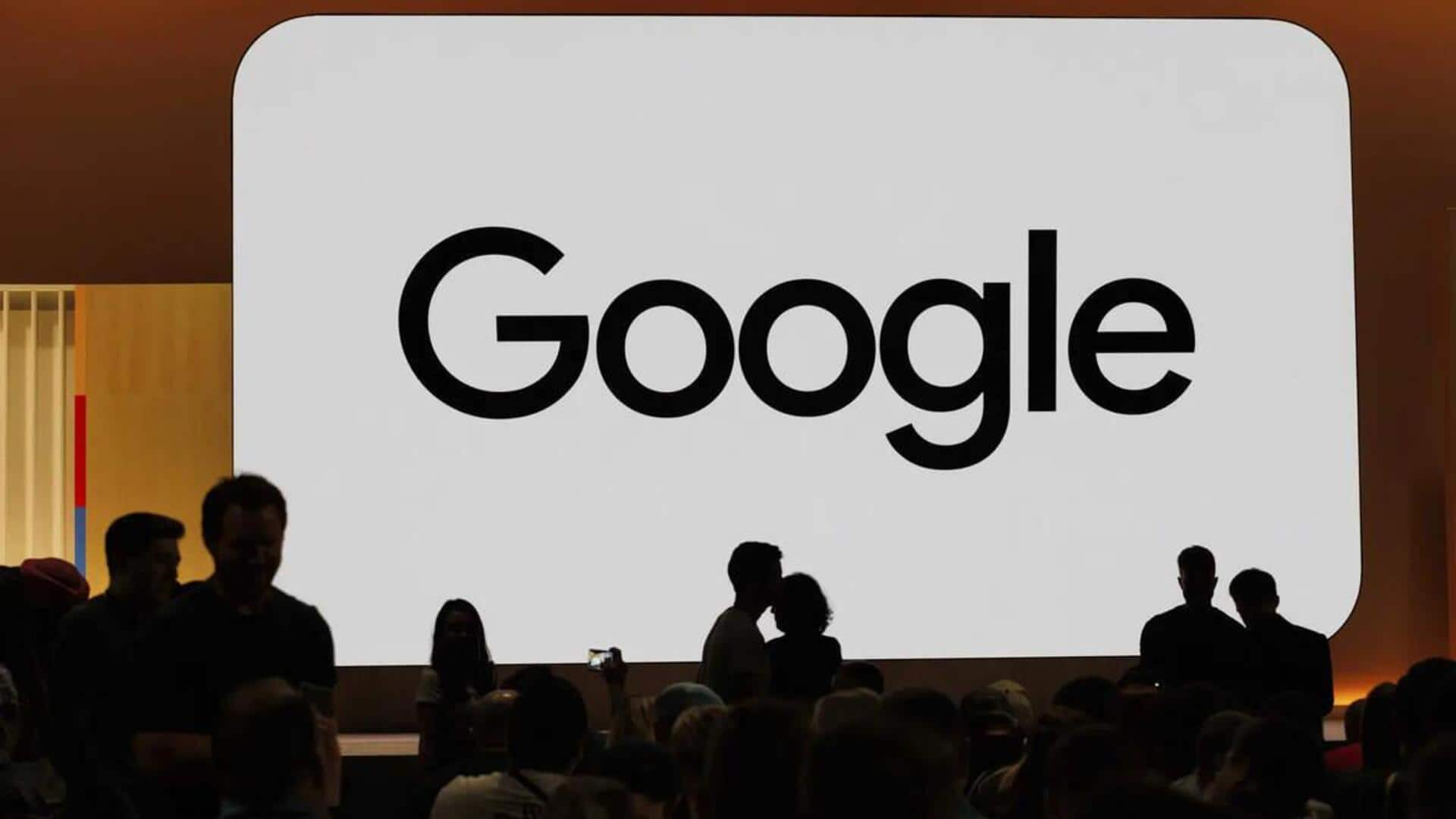
Supreme Court denies Google's appeal, upholds Play Store reform order
What's the story
The US Supreme Court has declined Google's request to stay a lower court's order mandating major changes to its Play Store. The decision comes as the tech giant prepares to appeal a ruling in a lawsuit filed by Epic Games, the developer of popular game Fortnite. The July ruling was upheld by a federal appeals court.
Injunction details
Changes mandated by judge Donato
The injunction, issued by US District Judge James Donato last year, requires Google to allow users to download rival app stores within its own Play Store. It also mandates making Play's app catalog available to competitors. However, these provisions won't come into effect until July 2026. The judge also ruled that Google must let developers include external links in apps so that users can bypass Google's billing system.
Legal battle
Epic Games accused Google of violating antitrust laws
Epic Games had filed the lawsuit against Google in 2020, alleging that its restrictive app store rules violated antitrust law. The company won a jury trial in San Francisco in 2023. Google has denied any wrongdoing and called Donato's order unprecedented, claiming it would cause reputational harm, safety and security risks while putting the company at a competitive disadvantage if allowed to take effect.
Appeal strategy
Google plans to file full appeal by October 27
In its Supreme Court filing, Google said the changes would have huge implications for over 100 million US Android users and 500,000 developers. The company plans to file a full appeal to the Supreme Court by October 27. This could allow justices to take up the case during their nine-month term that began on Monday. Epic has accused Google of using "flawed security claims" as an excuse for its control over Android devices.
Competition benefits
'Google's anticompetitive conduct entrenched its dominance'
Epic has urged the justices to let Donato's injunction take effect "so consumers and developers can benefit from competition, choices and lower prices." In July, a three-judge panel of the San Francisco-based 9th US Circuit Court of Appeals upheld the injunction. The panel said Epic's lawsuit was "replete with evidence that Google's anticompetitive conduct entrenched its dominance."